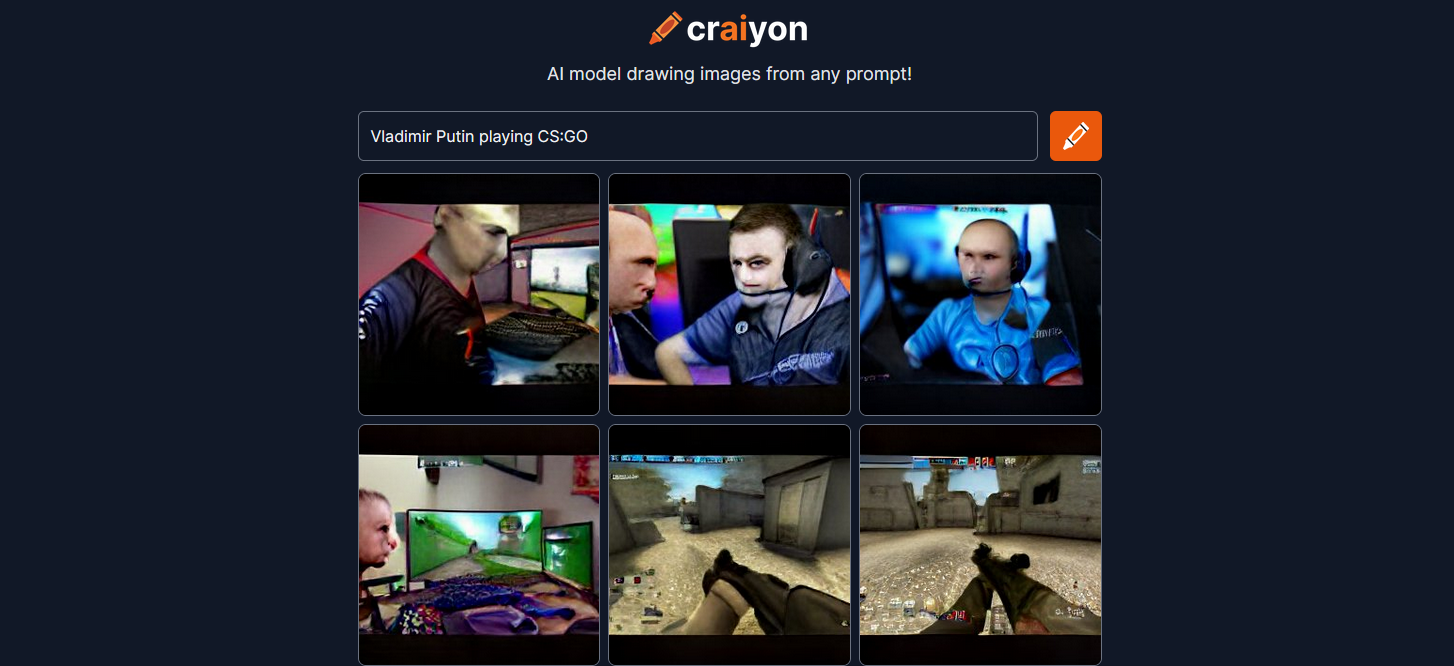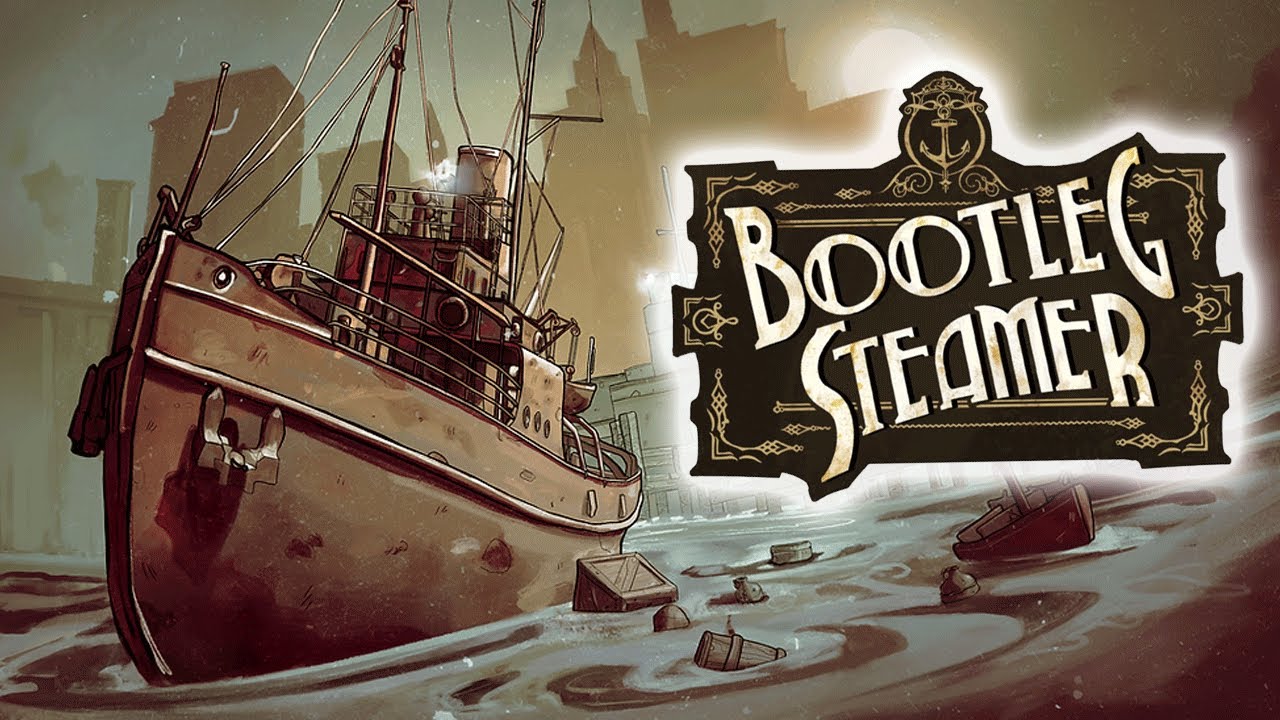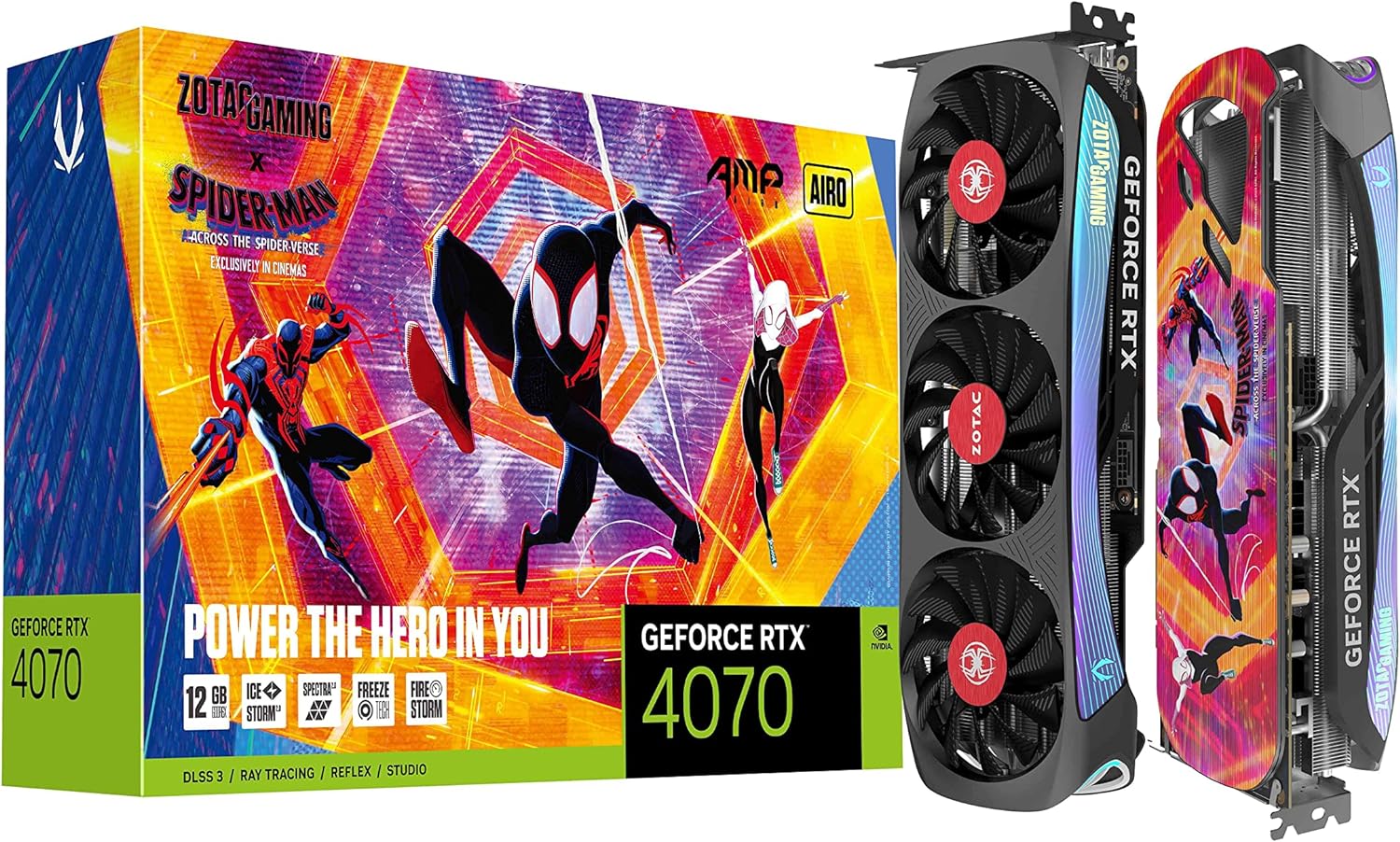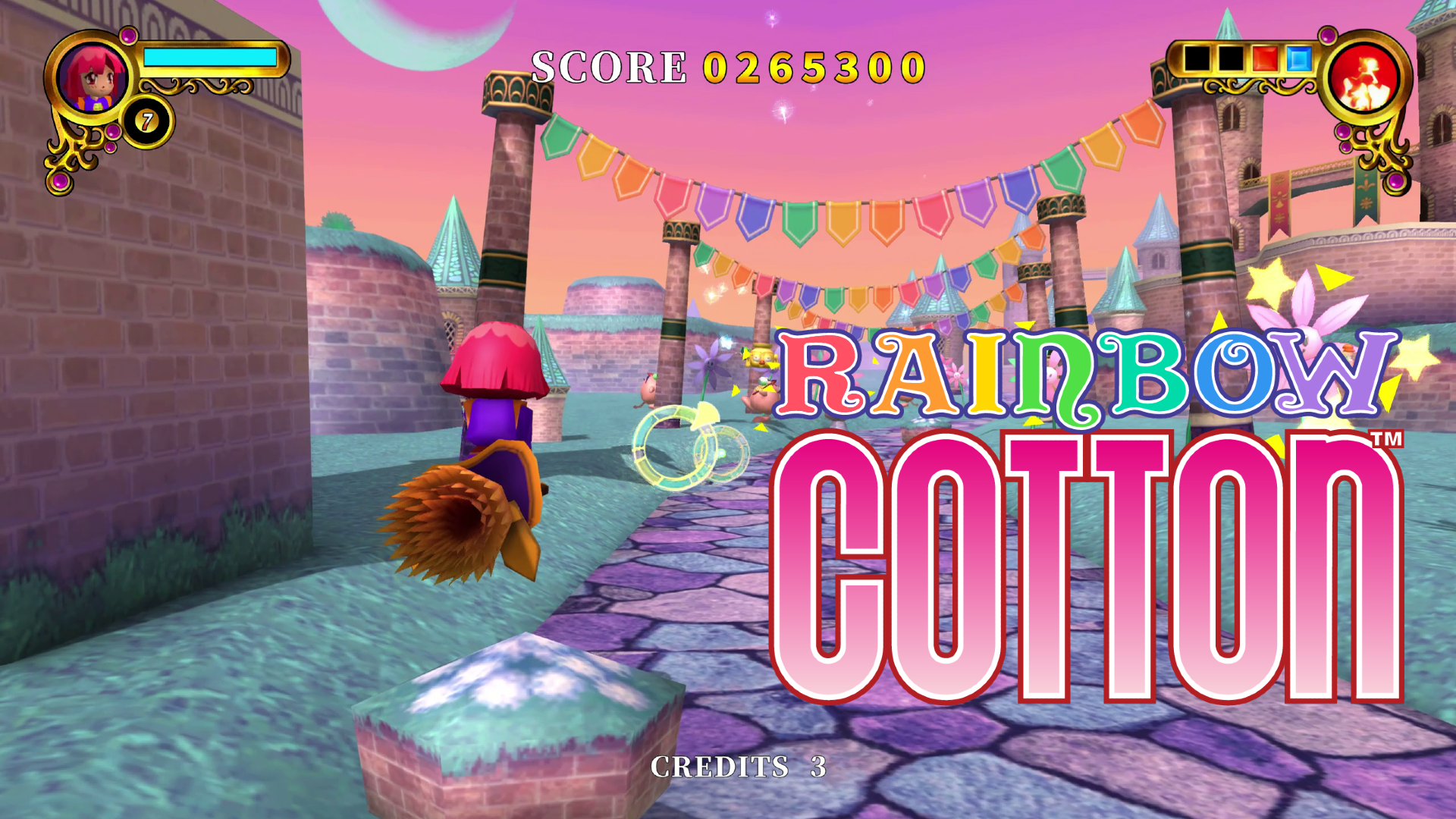Spit it, bobcat.
So, as you might guess, the whole “War on Ukraine” thing caused a number of things to happen vis a vis Russia. But notably to the current topic would be the fact that pretty much all of the big tech companies from other countries have withdrawn from the Russian market. And so, in turn, Russia’s homegrown equivalents and the like are pushing Russia’s Ministry of Digital Development to fund a plan to develop a “national game engine“; a plan which is going to cost billions of rubles over a number of years. And, in case you didn’t know it, a lot of Russian devs previously used stuff like Unreal and Unity to make games; a problem, since it’s probably pretty hard to get anything done with them now.
It’s also part of a plan Russia’s been working on for some time before starting this war, which they deemed “digital sovereignty“. The idea for a game engine wholly belonging to Russia has been gaining traction since the idea was floated around in May. The plan overall is being backed by some of Russian tech’s heavyweights, such as United Russia Duma deputy Anton Gorelkin and Russia’s state telecommunications provider Rostelecom (Russia’s largest telecom).
It’s also worth noting that VKontakte (a Russian Facebook alternative) has also been pushing for a state game engine. Aside from having a sizeable userbase and high market cap (in the billions of rubles), they’re also, kinda, owned by the Russian state. Not that long ago, state-run gas company Gazprom acquired it, in a move that most saw as being an deepening control over the company.
Even then, there are a significant number of hurdles they’ll need to face just to get started on the engine. Notably, equipment; when I said tech pulled out of the Russian market, I meant it. Microsoft is no longer operating in the country. And AMD and Nvidia have both cut off sales to Russia. Which means that they’re either going to be building this engine on outdated hardware, or they’re going to have to start an entire industry for parts (or find a way to circumvent sanctions). And that’s not even counting the fact that such an engine won’t likely see any support from these major tech companies.
Add to that the fact that Unity and Unreal are popular because they make things so easy. If you don’t want to spend copious amounts of time banging out assets, they have stores connected to them for readymade models. Not to mention the fact that, even if the engine does cross the finish line, there’s still going to be a learning curve for devs. And even then, there’s no guarantee, even if this engine does get finished, that it’ll be able to go head to head with the predominant choices. Then again, any port in a storm, even if said port isn’t terribly comfortable, right?
Source: PC Gamer




